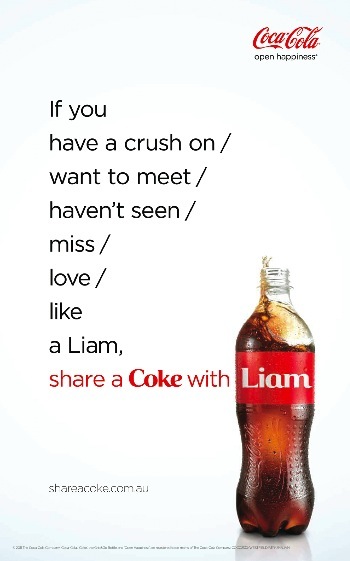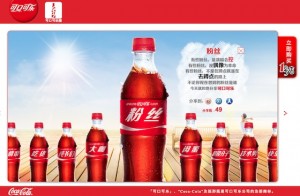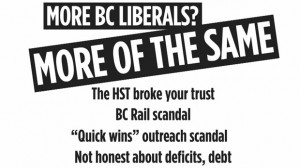Last summer when I vacationed in Europe, I was surprised to see personalized names on Coca Cola bottles everywhere.
I immediately though this was a fantastic idea because having your name on a bottle means the product is more scarce and unique. This adds value influencing you to buy it because what is limited is always better.
This campaign also spreads Coke’s brand with word of mouth, because people may buy a personalized coke for their friends, family members, and even significant others (romantic partners).
I was particularly impressed by how Coke utilised marketing beyond satisfying physiological needs (thirst) like how they usually do (and have consistently done so in the past) and targeted love/belonging, social, and esteem needs. Below is an effective example because I may think that buying a personalized Coke for someone may lead to me getting a boyfriend/girlfriend.

Travelling to multiple countries in Europe, I was further impressed by how Coca Cola adapted to country differences by adapting their bottle names to names that were more popular in the local area. They really had to understand each country’s cultural differences to be able to pull off a successful campaign.
All of this ties in with value-based marketing which Coca Cola does very well.
Finally, seeing this campaign really made me wonder why Canada or at least specifically Vancouver doesn’t have this. If Coca Cola targeted highly individualistic “Western” countries, then why did they not target Canada and the US as well? Interestingly enough, Coke has launched a similar campaign in China.

Deep down, there may just not be enough demand for it in North America, or Coke may still be in the process of creating the plan. What do you think?

